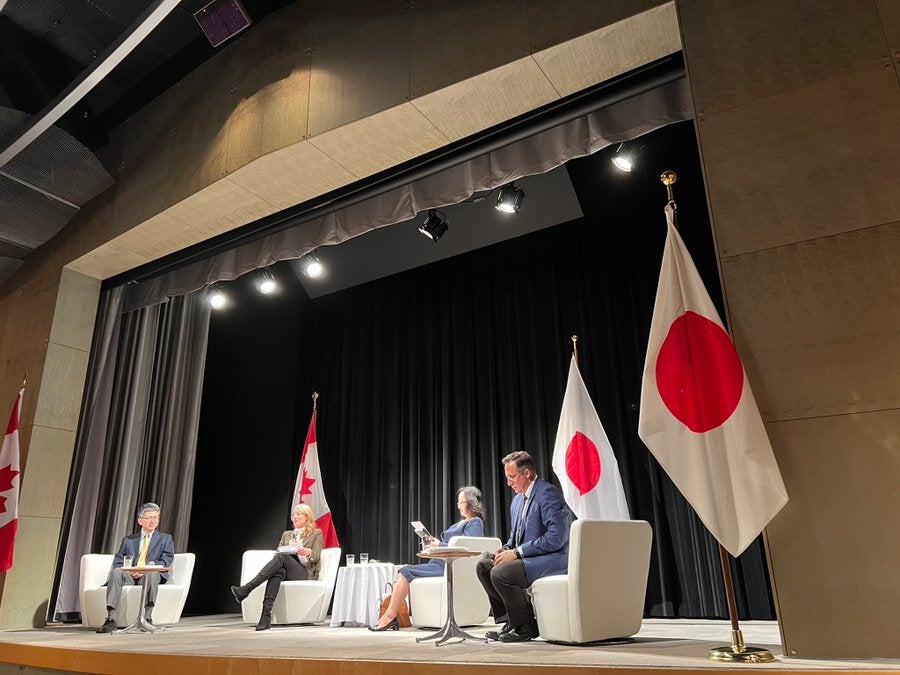Canada and Japan Discussing Intelligence Sharing Agreement
On 11 October, following talks between Japanese Foreign Minister Yoshimasa Hayashi and their Canadian counterpart Melanie Joly, Ottawa and Tokyo announced a new “Japan-Canada Action Plan” aimed at realizing the free and open Indo-Pacific concept and towards providing a framework for future cooperation between the two nations.
According to Hayashi:
“Japan, together with Canada, will play a leading role to meet the international community’s most important strategic challenge in securing peace and prosperity in the Indo-Pacific region.”
One of the most notable aspects of this plan is a vision for implementing intelligence sharing between Canada and Japan. Japan already maintains bilateral intelligence sharing agreements with Australia, France, India, Italy, Germany, the United Kingdom and the United States. If talks result in a similar agreement with Canada, that would mean Japan would have bilateral agreements with all members of the Five Eyes Treaty besides New Zealand (The US, UK, Australia, Canada and New Zealand are currently “Five Eyes” members).
Japan had expressed interest in becoming the “sixth eye” of the Five Eyes partners in 2020 and closer cooperation with Canada will definitely help it get closer to that goal. However, membership is likely to remain elusive. First of all, Japan would likely suffer from cultural and language barriers not applicable to the current members. Second of all, Japanese intelligence suffers from serious issues such as a lack of a stringent security clearance system and strong legal constraints on its capabilities. This is largely a result of its Pacifist constitution and post-war politics although even during and before World War II, Japanese intelligence services were not first-rate.
The Tuesday meeting between Joly and Hayashi touched on a number of other issues as well. The ministers condemned North Korea’s recent missile launches, reiterated the illegality of Russia’s sham referendums in Ukraine, and expressed concern regarding possible Chinese attempts to unilaterally resolve disagreements in the South China Sea and East China Sea. Particular emphasis was placed on the importance of coordinating responses by G7 members.

